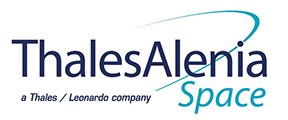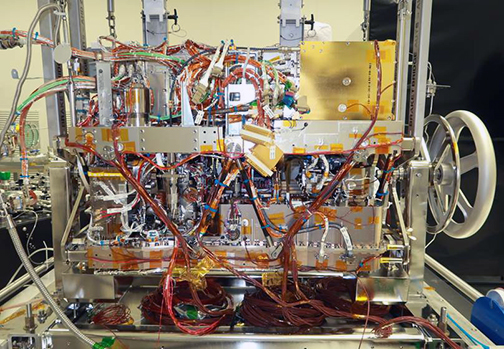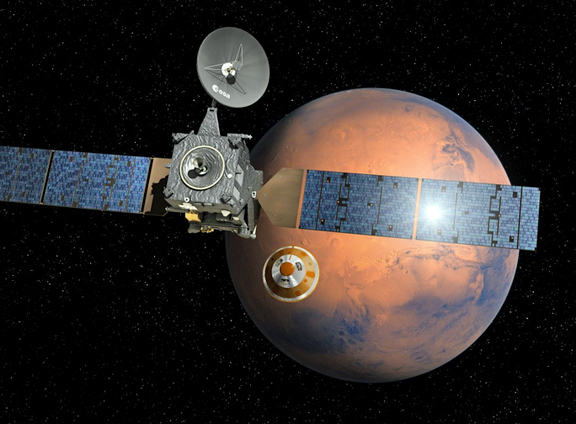
After a challenging engineering phase, the Analytical Laboratory Drawer (ALD), the core of the Rover of the ExoMars 2020 ESA Program, has been successfully integrated and tested by Thales Alenia Space, Joint Venture between Thales 67 percent and Leonardo 33 percent, in its facility in Torino, Italy.
Now it is ready to be integrated inside the Rover named Rosalind Franklin that is provided by Airbus Defense and Space in UK. The European Rover will be the first capable of drilling two meters into Mars, where ancient biomarkers may still be preserved from the harsh radiation environment on the surface and collecting samples.

Analytical Laboratory Drawer, ExoMars.
Image is courtesy of Thales Alenia Space.
The ALD will cover this ambitious task by analyzing the samples, in particular pyrolysis/chemicals derivate, detecting potential organic groups while characterizing the soil’s sample mineralogy with unprecedented microscopic resolution. The Laboratory embed a set of sophisticated scientific instruments (the infrared hyperspectral microscope MicrOmega, the Raman Laser Spectrometer RLS, the Mars Organic Molecule Analyzer MOMA) directly served by a set of mechanisms able to retrieve and process soil samples cored by the Drill, developed and built by Leonardo, in the Mars subsurface. A set of detailed chemistry, physical, and spectral analyses are then run internally to the ALD.
In order to exclusively find traces of life on Mars, without bringing some terrestrial ones from the Earth, the laboratory in which the sample is processed and analyzed (UCZ) has been strictly sterilized, ultra-cleaned and integrated in the dedicated Glove Box facility, reaching an unprecedented level of cleanliness for Space application.
To guarantee its proper duty once arrived on Mars facing the Martian environment, the integral combined functionality of the ALD equipment have been verified in the Planetary Environment Simulation Facility located in the Thales Alenia Space, Torino premises, witnessing excellent results, as also recognized by the scientific community

Artistic rendition of the ExoMars spacecraft.
In Thales Alenia Space the effort continues with the integration and testing of the Rover Ground Test Module, a full Rover simulator equipped with a copy of the ALD module, that will be used to rehearse from Torino all activities commanded to the Rover exploring and running science on Mars. The ExoMars 2016 Mission TGO (Trace Gas Orbiter), also leaded by Thales Alenia Space, will enable the communication with the ExoMars 2020 Rover processing around the Martian orbit all the information to and from Mars. In parallel,
Thales Alenia Space will proceed with the development of the Mission Control Software, and complete the integration and testing of the Descent Module (provided by Lavochkin) including its mating to the Carrier Module (provided by OHB). The two integrated elements will move in July to the Thales Alenia Space Facility in Cannes, where will take place the environmental testing.
Before leaving the Thales Alenia Space Facility in Cannes, the Rover, Rosalind Franklin, will meet the Landing Platform Kazachok and the Carrier Module, and jointed together will compose the final Spacecraft flying in July 2020 from Baikonur in Kazakhstan to red planet Mars.
Walter Cugno, VP, Exploration and Science at Thales Alenia Space, said the company is proud of reaching this milestone, a key technical challenge to prove that the unique ALD design and the methodologies specifically studied and adopted for the ExoMars 2020 meets the expectations. Using its miniaturized life search laboratory and advanced robotic technology, the ExoMars 2020 mission will explore the red planet in search of new evidence to answer questions that have long fascinated humanity.

